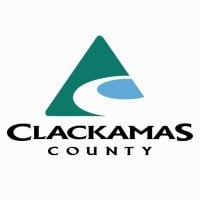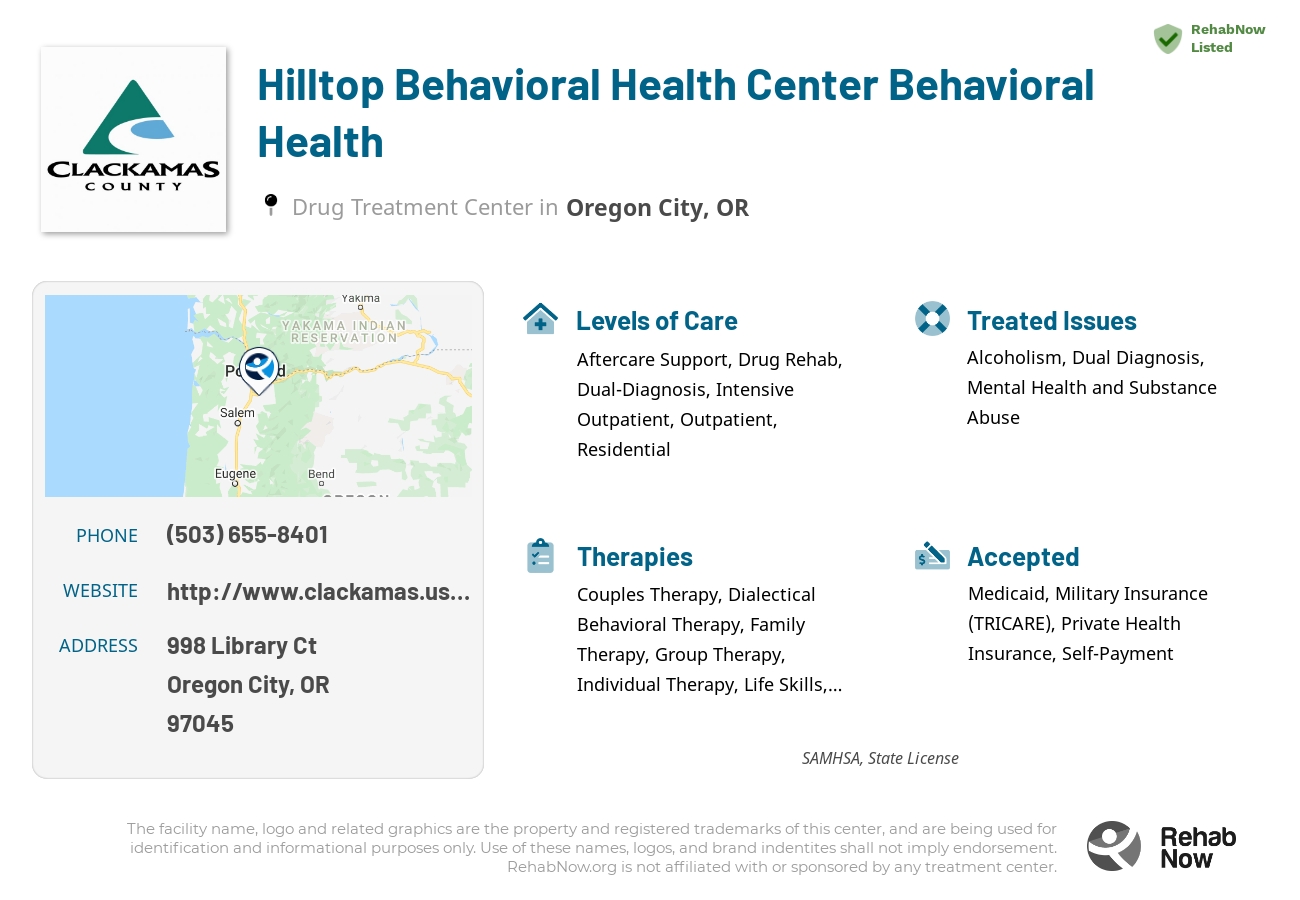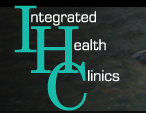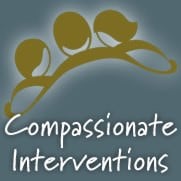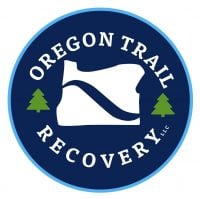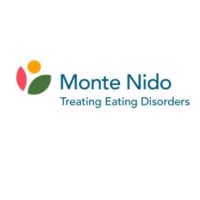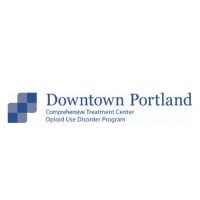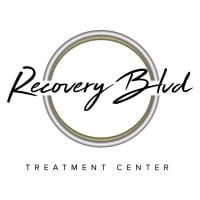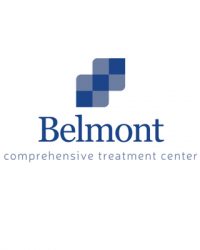Hilltop Behavioral Health Center Behavioral Health
Drug Rehab Center in Oregon City, Oregon
Hilltop Behavioral Health Center is an accredited and state-licensed Addiction Treatment Facility in Oregon City, OR offering comprehensive, personalized treatment, with an emphasis on aftercare support, and the acceptance of private health insurance for its services.
About This Oregon Facility
Hilltop Behavioral Health Center Behavioral Health, founded in 1843, is an addiction treatment facility located in Oregon City, Oregon. They specialize in treating individuals suffering from alcoholism, dual diagnosis, and drug addiction. The center offers various levels of care, including aftercare support, drug rehab, dual-diagnosis treatment, intensive outpatient programs, outpatient programs, and residential treatment. Hilltop Behavioral Health Center is accredited by the Substance Abuse and Mental Health Services Administration (SAMHSA) and holds a state license. Additionally, they accept private health insurance, providing individuals with accessible and comprehensive treatment options.
Hilltop Behavioral Health Center Behavioral Health offers a range of services to support addiction and substance abuse recovery. They provide aftercare support to ensure individuals have ongoing assistance and guidance even after completing their primary treatment. The center offers drug rehab programs tailored to individual needs, providing a structured and supportive environment for recovery. With a focus on dual diagnosis treatment, Hilltop Behavioral Health Center addresses the complex relationship between mental health disorders and addiction. They also offer intensive outpatient programs and outpatient programs that provide flexible options for those who require ongoing support while maintaining their daily routines. Additionally, the center provides residential treatment, offering a safe and supportive environment for individuals who require round-the-clock care.
Genders
Ages
Modality
Additional
Accreditations
State License
SAMHSA
Conditions and Issues Treated
Some of the most common co-occurring disorders are schizophrenia, depression, and bipolar disorder. Most rehab facilities in Oregon City, OR like Hilltop Behavioral Health Center Behavioral Health provide patients with a dual diagnosis. Dual diagnosis gives rehab the means to treat addiction while restoring mental and emotional health.
Levels of Care Offered at Hilltop Behavioral Health Center Behavioral Health
This center offers a variety of custom treatment tailored to individual recovery. Currently available are Aftercare Support, Drug Rehab, Dual-Diagnosis, Intensive Outpatient, Outpatient, Residential, with additional therapies available as listed below.
Daily trips to the hospital that provides the treatment include intensive outpatient services (IOP). IOP in Oregon is appropriate for patients in residential recovery facilities that have been diagnosed with addiction. Patients return to their everyday lives gradually, increasing the likeliness of success in treatment.
An Outpatient Rehab Program is a part-time drug rehab program for treating individuals in Oregon City, OR with mild addiction or mild-to-moderate drug withdrawal symptoms. It generally requires about 10 to 12 hours every week.
Doctors can administer on-the-spot medication to ease withdrawal symptoms such as anxiety, increased heart rate, and even depression. Groups such as Alcoholics Anonymous (AA) and Narcotics Anonymous (NA) can be used as a part of outpatient treatment to help maintain sobriety.
Residential treatment programs are those that offer housing and meals in addition to substance abuse treatment. Rehab facilities that offer residential treatment allow patients to focus solely on recovery, in an environment totally separate from their lives. Some rehab centers specialize in short-term residential treatment (a few days to a week or two), while others solely provide treatment on a long-term basis (several weeks to months). Some offer both, and tailor treatment to the patient’s individual requirements.
Aftercare Support at Hilltop Behavioral Health Center Behavioral Health, in short, is the support provided to a patient after they have finished treatment. It allows them to adjust to everyday life. It may entail setting them up and enrolling them in services such as Narcotics Anonymous (NA) and Alcoholics Anonymous (AA) inside a halfway house. Career coaching may also be offered to patients to help them get back into the workforce.
Therapies & Programs
Individual therapy refers to one-on-one psychotherapy between a patient and their Hilltop Behavioral Health Center Behavioral Health therapist. Individual therapy seeks to help identify the issues that drive and contribute to a client’s addiction or alcoholism. Another goal of individual counseling is to assist the client to learn how to manage their lives without alcohol or drugs.
Therapy for couples decreases unhealthy behavior in a relationship that can trigger addiction. Either, or both, members of the couple will be improved by this. This treatment administered by Hilltop Behavioral Health Center Behavioral Health still targets addiction and can also make a relationship healthier through a variety of methods.
Group therapy occurs in a group setting as opposed to a one on one setting. It benefits patients by providing a feeling of support and letting them know they are not alone. Patients at Hilltop Behavioral Health Center Behavioral Health also learn to build trust and understanding and gain perspective through discussions.
After experiencing trauma, it’s crucial to look for a facility that can provide trauma therapy. This approach zeroes in on the traumatic incidents that a patient has encountered in the past, recent or not. It’s been widely known that trauma can make an individual resort to alcohol or other substances to mask their troubles and pain. Trauma can originate from domestic violence, sexual abuse, an early encounter with death, sexual assault, and many more. The goal of trauma therapy at Hilltop Behavioral Health Center Behavioral Health in Oregon City, OR is to help the patient see beyond the trauma and move forward. Mental health professionals will facilitate the patient’s journey and see to it that he or she is no longer a victim of his or her traumatic experiences and has wholly regained his or her personal power.
DBT, also known as dialectical behavior therapy, is a form of cognitive behavioral therapy (CBT) that helps people understand how their thoughts, behaviors, and feelings all connect. This can give them more control over their actions, effectively stopping self-harm ideations and attempts in some patients. It can also help put people in control over some mental struggles, like borderline personality disorder.
Most individuals suffering from addiction have low self-awareness, so they end up making poor decisions. Cognitive Behavioral Therapy (CBT) is suitable for patients recovering from an addiction of any kind. Through it, patients become more aligned with their thoughts, emotions, and behaviors, giving them a better opportunity to respond appropriately to temptations and negative feelings.
This therapy modality at Hilltop Behavioral Health Center Behavioral Health in Oregon City, OR strengthens a person’s ability to stay on top of their emotional state and learn new stress management techniques so they won’t give in to the temptations easily. Moreover, CBT helps people communicate and express their emotions well, which can be vital in relapse management. CBT is also suitable for managing co-occurring disorders like depression and bipolar illness.
Rational Emotive Behavior Therapy sees a person suffering from substance addiction to have illogical reasoning, counterproductive actions, and does not see things clearly. REBT at Hilltop Behavioral Health Center Behavioral Health in Oregon City, OR deals with cognition, images, and behavior extensively to rectify the client’s bad habits. The process calls for practice, reiteration, and bolstering the new way of thinking being introduced to the patient.
When it comes to maintaining sobriety, people who quit recovery without developing life skills are disadvantaged. While teaching life skills at Hilltop Behavioral Health Center Behavioral Health is difficult, support with aftercare helps patients learn these skills over time. Life skills include getting a career, living in a good environment, self-care, and finance management, all in Oregon City, OR.
Payment Options Accepted
For specific insurance or payment methods please contact us.
Is your insurance accepted?
Ask an expert, call (888) 674-0062
Additional Details
Specifics, location, and helpful extra information.
Oregon City, Oregon 97045 Phone Number(503) 655-8401 Meta DetailsUpdated November 25, 2023
Staff Verified
Patient Reviews
There are no reviews yet. Be the first one to write one.
Oregon City, Oregon Addiction Information
Oregon’s drug abuse rates are higher when compared to other states in the country, and currently ranks 5th in the nation for drug-related health issues. Marijuana and prescription opioids are among the top drugs most often abused by teenagers in Oregon. Alcohol abuse in the state is also higher than average; over 6.25% of residents abuse alcohol every year.
About 9,000 people in Oregon City struggle with drug addiction. Opioids were involved in 59% of all overdose deaths in Oregon City in 2016. From 2012 to 2016, opioid-related death rates increased by 174%. Additionally, about 1,500 people in Oregon City are addicted to heroin. Some rehab centers offer gender-specific programs, which can be beneficial for men or women who want to focus on their specific needs.
Treatment in Nearby Cities
- Wilsonville, OR (8.6 mi.)
- South Beach, OR (86.6 mi.)
- Hood River, OR (58.0 mi.)
- Monmouth, OR (45.6 mi.)
- Roseburg, OR (151.0 mi.)
Centers near Hilltop Behavioral Health Center Behavioral Health
The facility name, logo and brand are the property and registered trademarks of Hilltop Behavioral Health Center Behavioral Health, and are being used for identification and informational purposes only. Use of these names, logos and brands shall not imply endorsement. RehabNow.org is not affiliated with or sponsored by Hilltop Behavioral Health Center Behavioral Health.
